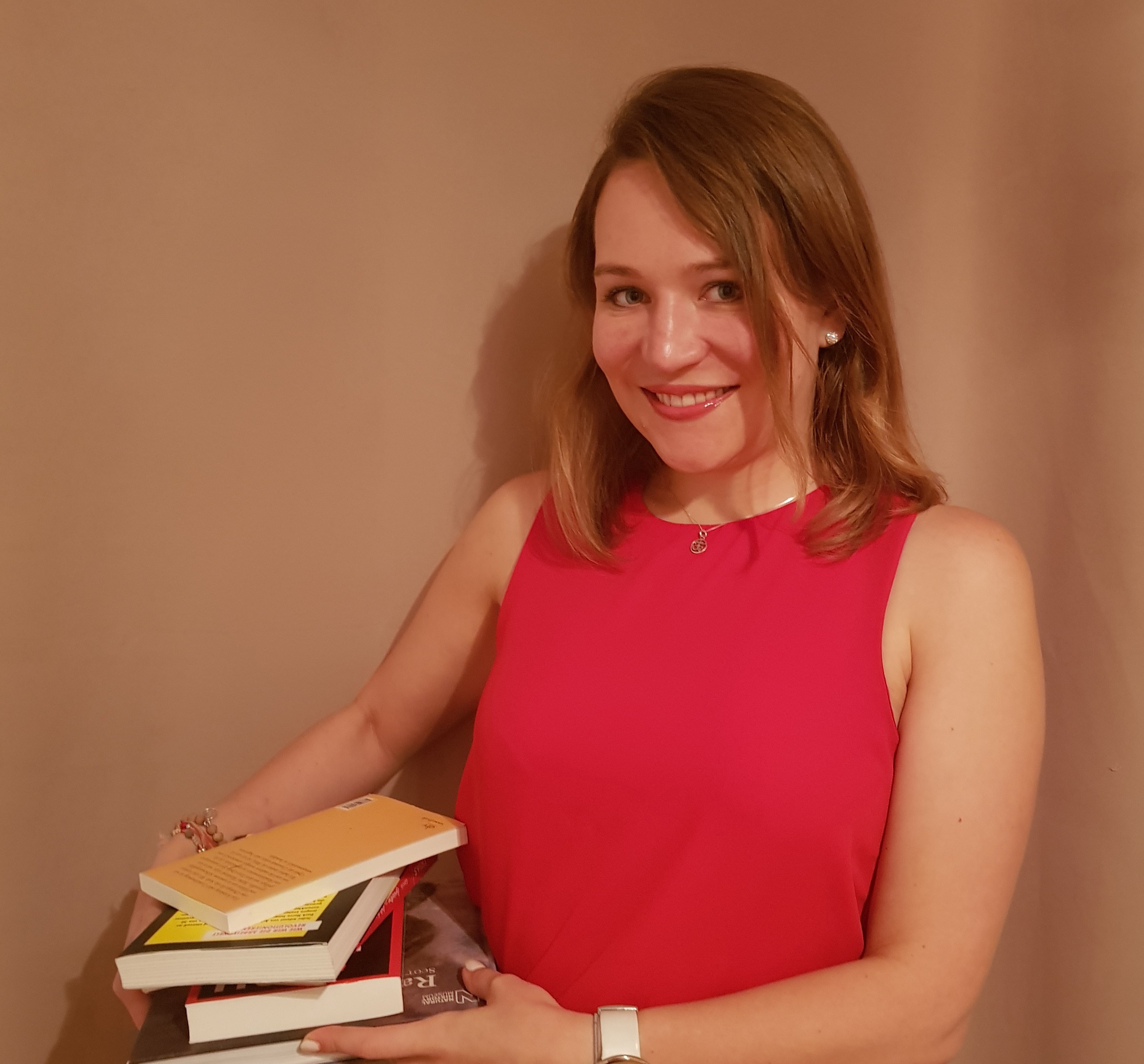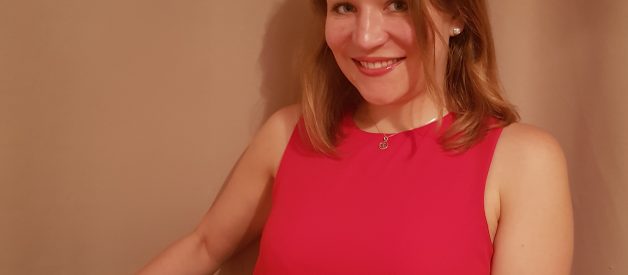By Marina Mantay

I do not believe in institutional change. I believe in change, which comes from people. Institutional structures have been sturdy for decades, so they usually need plenty of time to grasp emerging challenges and to find right answers to them. Politicians are always bound by party discipline and by the nature they have to reject the ideas coming from the opposition be they fruitful or not. Lobby organizations are by the names lobbying for some particular interests, and the bigger money are involved the louder their voice is. As in today?s political world the competition is immanent, the cooperation becomes quite difficult. By saying that I am not rejecting the competitive thinking per se, however I am convinced that we can obtain greater results by placing the partnership over competitiveness.
Since politicians have to stick to their agenda once it has been set and are very reluctant to changes, we as European citizens who are free from political chains should play a much more active role in building Europe from the ?bottom-up?, if we want the European Union to become more social, democratic, transparent and closer to us. In order to achieve greater participation of citizens in social and political life, we need first to understand one important aspect: While borders between the European countries have lost their visibility and their meaning, the borders between social classes and people?s minds have become more pronounced. Hence, the main challenge we face nowadays is not to bring the diverging interests of the 28 member states together (which is already quite demanding), but to close an ever-increasing gap between the social, political and economic elites and the rest of the population.
To make my statement more concrete: a scientist from Bulgaria would rather identify himself with a person the same academic background from Ireland than with his fellow-countryman working on a construction site. The scientist and the construction worker might even live on the same street, while having parallel lives, solely meeting each other from time to time in a bakery or in a grocery store nearby with no personal interaction. This is a great pity! While it is easy to get caught in an echo chamber of people who already share our beliefs, it is a duty of every one of us to leave our own social bubble where we feel safe and comfortable and to get in touch with people who disagree with us.
While active minorities are raising their voice for a greater climate protection, protesting against the gentrification in big cities and fighting for a better gender equality, the overwhelming majority is disengaged from social and political life of its community and its country. Most of inactive citizens are either not interested in the nuts and bolts of how society works as long as it works or are convinced that they as individuals anyway have no power to change things around them. That is wrong, since it is the little drops of water that make the mighty ocean.
No doubts, living in a democracy means having a choice: either participating in the social life or not. The second option seems to be quite attempting, since taking an active role in the social and political life at the local, national or even European level, requires time, responsibility and commitment. At the same time, however we need to keep in mind that democracy only works if we as citizens actively work at it. Without a clear voice from ?the bottom?, we risk creating the European Union, which is driven by policies that do not understand or acknowledge local intelligence. It is great to have Greta Thunberg who is raising her voice from the ground, however it is not enough to have her alone ? we need thousand, millions of Greta?s in every corner of 28 member states. It is my strong belief that every one of us is capable to make Europe a better place to live in; we just need to trust our abilities and our potentials within us. Every one of us carries a part of Greta inside.
Coming back to the question how to reverse the trend and to close the ever-increasing gap between ?the active minorities and the rest?, I would like to propose four concrete actions every one of us can take.
1. Contribute: Let ask ourselves in which way can we can contribute to the society by using our individual skills. Street protests is a great opportunity to catch attention of mass media and political leaders, however they are not for everyone. Making a positive impact means different things for different people. We just need to identify an issue we care about and pursue it. Volunteering at a place which matters, voting in national and European elections and encourage others to vote, using social media wisely, sharing our skills and knowledge with others, co-ownershiping the vehicle we possess, planting a tree in our neighborhood, donating leftover bulk food to a local shelter instead of wasting it (the possibilities are endless!). Serving our communities in whatever way should become a natural habit for every one of us.
2. Improve: Instead of waiting for wide-sweeping changes coming from above, let us be a change we want to see in the world. Rather than blaming public institutions, political leaders, unfortunate circumstances or even bad weather why something is not working out, let us act! We should recognize that being a good citizen does not require making massive actions. All it takes is an attempt to improve what is closest to us and affects us personally. If we e.g. want to live in a well-balanced, generous and happy community, we can begin by creating these circumstances at our homes, since the place we live in, is a microcosm of our country. If we want to be surrounded by a clean and healthy environment, let us reduce waste, stop smoking, start some physical activities and develop healthy eating habits. Every little step counts!
3. Appreciate: Let us take a moment to be thankful for the achievements that have been obtained by the previous generations, so we can live in peace, stability, security and not least in prosperity inside the European Union. In many countries around the world people still struggle accessing to necessities such as warm housing, fresh food, clean water or even essential medicine. Is not it great that as European citizens we can travel, study or even settle down in every of all of 28 member states without being worried that our basic needs are not covered? This makes our lives much easier and in my opinion, we should not take these high standards of living for granted. If we want to keep our well-being at the same level and to reduce existing disparities in income, wealth, inclusiveness and opportunities among the member states, we should be willing to support the less developed European areas, understanding that a social cohesion is important to close the gap not only between the European regions but also between the social classes as the social cohesion is the glue that holds society together.
4. Explore: Let us be brave enough to step out of our unchanging comfort and seek out unlike-minded people, challenging our worldview and our perspectives. It can be very valuable to listen to people we disagree with, trying to understand their beliefs instead of convincing them of ours. What is wrong for us can be right for someone else, which usually depends on the environment we have been socialized in. Since we live in a pluralistic society, let us embrace diversity instead of closing ourselves up in a social bubble. Possessing a university degree, we should go to a worker?s district and make some friends there, listen to the concerns, worries and dreams people have. Being a blue-collar worker, we should try to understand those who have never worked with their hands. Belonging to a green party, we should talk to liberals, finding out some points we might like about their political agenda. Let us not judge them, just listen, since all of us want to be listened to, and we want to be understood. Learning from different angles and expanding our perspectives as to better grasp the full complexity of the world might lead us to a conclusion that our worldview is not as different from our opponent as we might have thought in the beginning.
Marina Mantay is the European Affairs Advisor of Berlin Borough of Mitte. She was born in Moscow, Russia and moved to Berlin, Germany by the age of sixteen. She holds a bachelor?s degree in Political science from the Free University of Berlin (GER) and a master?s degree in Europe affairs from the University of Utrecht (NL) & the Masaryk University (CZ). Her previous experience includes working in the European Parliament as well as in in the German Bundestag as a MP?s assistant. As an adviser for EU-affairs, she organizes political discussions, consults municipal politicians in European issues, and manages some of the European funding programs.


